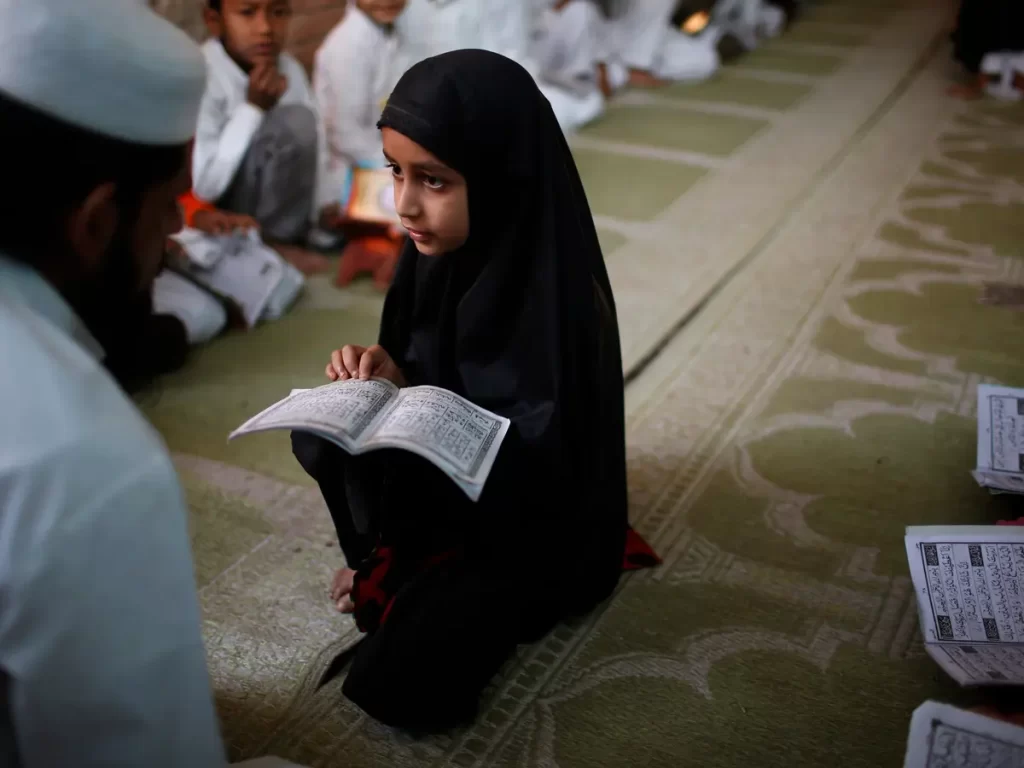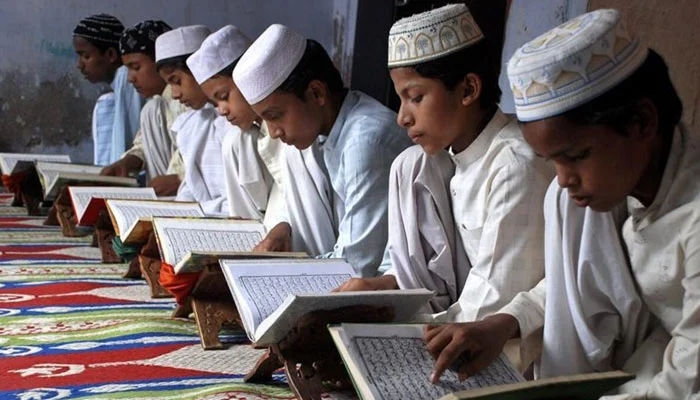India’s Supreme Court reversed a controversial ban on Islamic schools Tuesday, preserving educational access for millions of students in the northern state of Uttar Pradesh in a landmark decision affecting religious education rights.

Chief Justice D.Y. Chandrachud, delivering the court’s opinion, upheld the 2004 law governing madrasas, stating, “The act is consistent with the positive obligation of the state to ensure that the children get adequate education.” The ruling overturns a March decision by the Allahabad High Court that had declared the schools unconstitutional on secularism grounds.
The Supreme Court’s intervention protects approximately 25,000 Muslim schools serving 2.7 million students and employing 10,000 teachers across India’s most populous state. The Allahabad High Court had previously ordered all madrasa students to transfer to conventional schools, claiming the religious institutions violated India’s secular principles.

The case highlights ongoing tensions over religious education in India, where Prime Minister Narendra Modi’s Bharatiya Janata Party (BJP) has pursued policies converting madrasas to conventional schools in states like Assam. The BJP, which also governs Uttar Pradesh, had not immediately responded to the ruling.
Muslim organizations and human rights groups have accused some BJP members and affiliates of promoting anti-Islamic sentiment and targeting Muslim-owned properties. Modi and BJP leadership consistently deny allegations of religious discrimination, maintaining they work for all communities’ development.
The decision represents a significant legal precedent regarding religious education rights in India, where debates over secularism and religious freedom continue to shape public policy. The ruling effectively balances constitutional requirements for secular education with protections for minority religious institutions.
VOA


